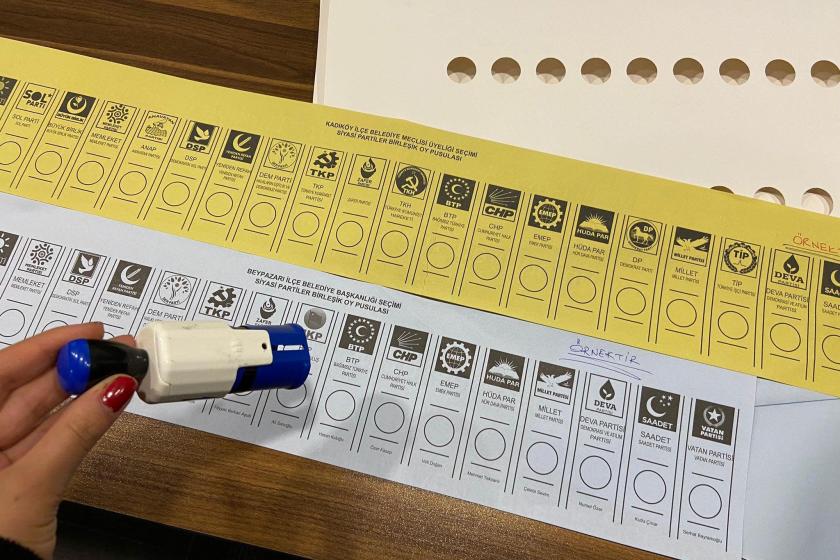Draft Employment Tribunal Legislation has been referred to Parliament. If the legislation is enacted, the resolution of any disputes between employers and employees will have to be attempted through mediation before it can be considered by the courts. Half the costs of mediation are to be paid by the employee. Workers already struggle to bring claims against employers due to the high legal costs, and this legislation forces workers to accept less than their entitlement during the negotiation process. The legislation proposes prioritisation for retracted claims, and a reduction from 10 to 5 years within which claims involving compensation for malice, discrimination and annual leave will need to be made.
According to a DHA news report the legislation also brings with it reorganisations of employment tribunals. The proposal is for employment tribunals to be set up by the Ministry of Justice where they are required with only one judge at the same seniority as a civil court of first instance. This will be done in consultation with the Judges and Prosecutors Board,. The legislation allows for more than one employment tribunal office where the needs of employers determine that it is necessary, and in areas where an employment tribunal has not been set up, cases and matters of relevance in those areas will be heard by the civil court of first instance.
It is a requirement by the court that mediation is requested as part of the individual or collective agreement queries that request compensation and reinstating. As part of the draft legislation, the claimant is required to submit to the courts evidence that they were unsuccessful via the mediation route. If this is not provided to the courts the claimant has a further one week and in the event this is not provided during this time scale, the case will be dismissed.
In the event that the employee and employer have a disagreement, the draft legislation outlines the role of the mediator. It states that,“The mediator will conclude the matter within three weeks of receiving the referral and if it is unavoidable it can extend this period by up to one week.” The draft legislation also refers to the payment of the mediator once the two parties settle on an agreement and states that the costs are to be met equally by both parties.
The draft legislation, whilst stating that the period for time limits will stop operating between the application for mediation and the final record being created, also provides that the reduction of rights will not apply during this period. The parties will only be able to engage in mediation discussions themselves, or through their legal representatives or lawyers. The employer also has the additional option of providing written consent for one of its employees to provide this representation on its behalf.
Where there is a discrepancy between Law number 5510 relating to Social Security and General Health Insurance and other social security issues, new legislation makes it compulsory to notify the social security institution before the claim can be made (except where there is a service agreement between the employee and employer), and the application is made to clarify the mandatory insurance periods.
Where there is no reason for dismissal provided or there are no valid grounds for the dismissal, it will become mandatory for the dismissed worker to apply for mediation within one month of the notice provided to him/her and if no agreement is reached through negotiation the worker must bring a claim to the employment tribunal within two weeks.
The new legislation also reduces the time limits for compensation claims from 10 years to 5 where the claim relates to severance pay, dismissal in breach of terms of employment, compensation for bad faith and discrimination.
According to the Department for Work and Social Security, the rationale for this draft legislation in our country (which since December 2016 is home to nearly 14 million workers and 1.750 million employers) is that a substantial amount of working time and judicial time is spent on disputes between workers and employers. The reason states is that since the end of 2016 there were 3.525 million legal disputes in the courts of first instance and that almost 15% of these relate to employment disputes.
In the reasoning for the legislation attention is also drawn to the keeping of mediation records, which began in 2013, and that since then 89% of all claims taken to mediation relate to employee-employer disputes. (EVRENSEL DAILY)



